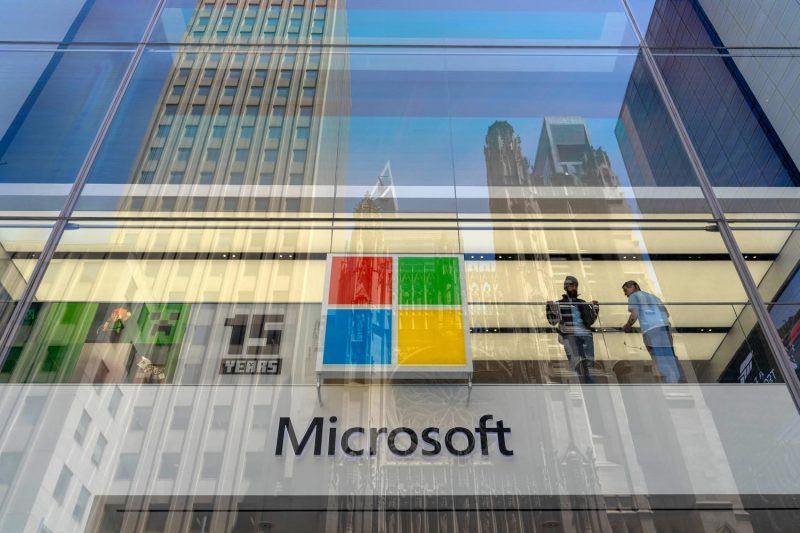The Federal Trade Commission (FTC) has officially launched a broad antitrust investigation into technology giant Microsoft Corporation, marking a significant development. The scope of the investigation encompasses various aspects of Microsoft’s business practices, focusing on potential violations of antitrust laws. This move underscores the growing scrutiny and regulatory oversight faced by tech companies in the current landscape.
The investigation aims to assess whether Microsoft has engaged in anti-competitive behavior that may stifle competition and harm consumers. Among the key areas of focus are Microsoft’s dominant position in the operating system market, particularly with its Windows platform. The FTC will examine whether the company has leveraged this market power to impede the entry of new competitors, restrict consumer choice, or engage in practices that restrain trade.
Moreover, the investigation will also delve into Microsoft’s activities in the cloud computing sector, where the company holds a significant market share through its Azure platform. The FTC seeks to determine whether Microsoft has engaged in tactics that disadvantage competitors, inhibit innovation, or result in higher prices for consumers. With the increasing reliance on cloud services across industries, any anti-competitive practices in this domain could have far-reaching implications.
Furthermore, the FTC’s investigation will scrutinize Microsoft’s acquisitions of other companies, particularly in the realm of emerging technologies. The commission aims to evaluate whether these acquisitions have been aimed at eliminating potential rivals, consolidating Microsoft’s market power, or foreclosing competition in certain sectors. Such mergers and acquisitions activity is under increased scrutiny by regulators seeking to prevent anti-competitive consolidation in the tech industry.
The antitrust investigation into Microsoft reflects a broader trend of regulatory action against major tech companies over concerns related to market dominance, consumer welfare, and competition. As policymakers and antitrust enforcers sharpen their focus on the tech sector, companies like Microsoft are facing heightened scrutiny and the prospect of potential enforcement actions.
In response to the investigation, Microsoft has expressed its commitment to cooperating with the FTC and providing the necessary information to address any concerns raised during the inquiry. The company has emphasized its dedication to compliance with laws and regulations, as well as its focus on delivering innovative products and services to customers worldwide.
Overall, the FTC’s antitrust investigation into Microsoft signifies a significant development in the regulatory landscape for the tech industry. As the inquiry unfolds, its findings and outcomes will have implications not only for Microsoft but also for the broader ecosystem of technology companies and the competitive dynamics of the markets in which they operate. Stakeholders will be closely watching the progress of the investigation and its implications for the future of competition in the tech sector.

